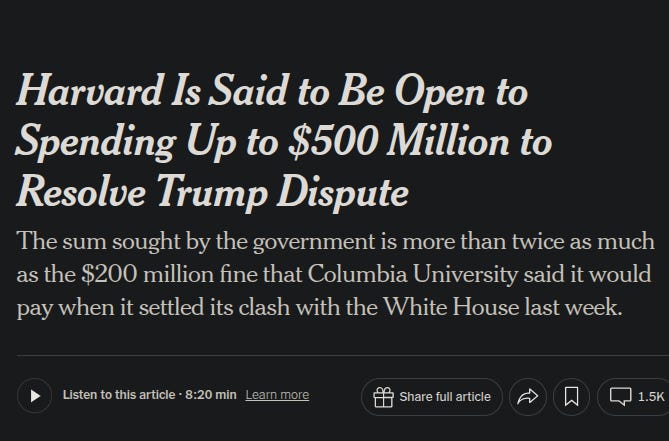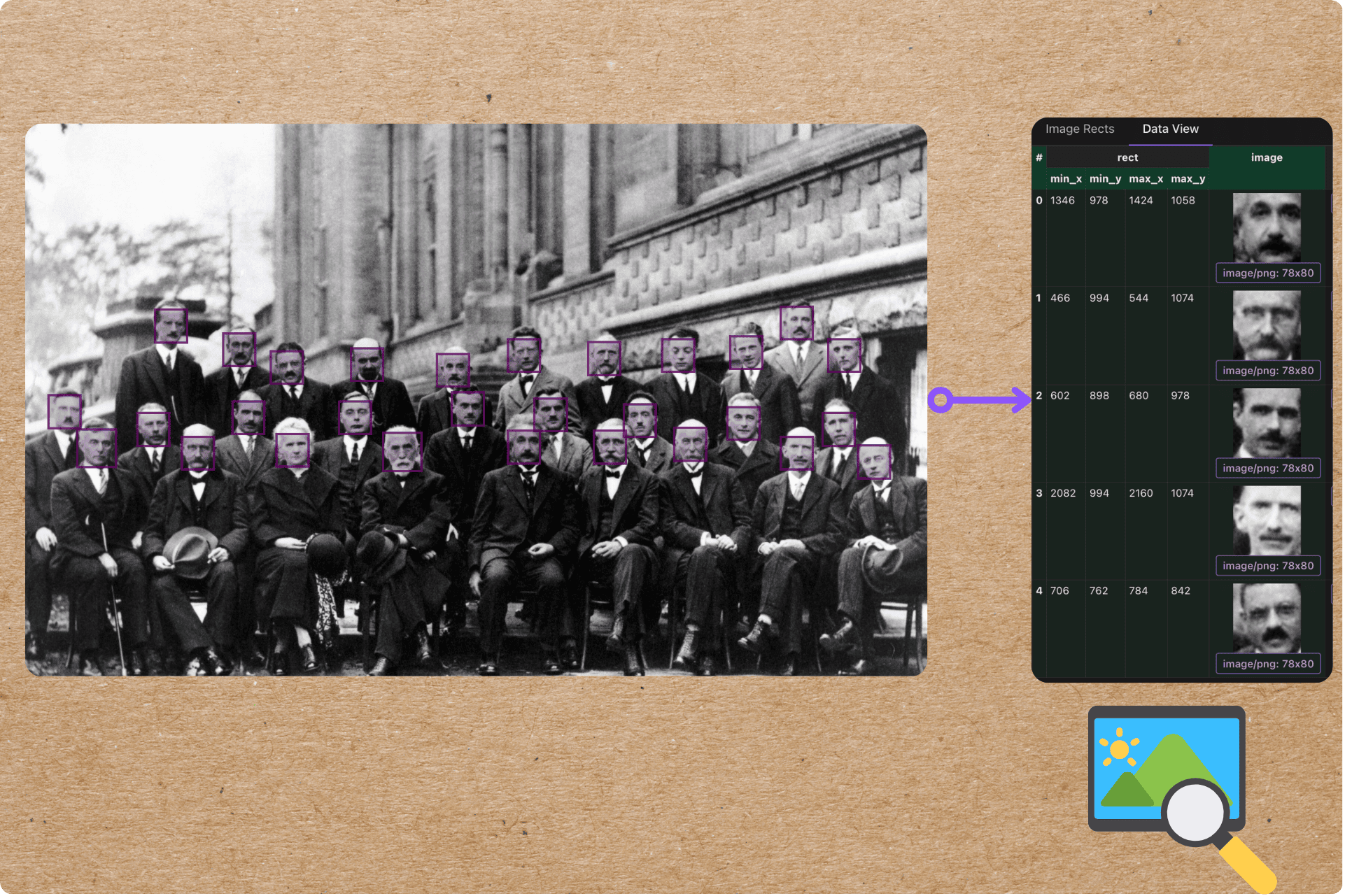
When the C.I.A. Turned Writers Into Operatives
Benjamen Walker, the creator and host of “Benjamen Walker’s Theory of Everything,” is a pod-maker of the mad-scientist variety: he cooks up projects using his own zeal, research, and audacious notions, then unleashes the results on the world. “Theory of Everything,” which originated in 2004, a decade before the podcast boom, has always been intellectually rigorous, funny, and whimsical, with a format that David Carr, the late Times media reporter, once described as “What are we talking about this week? Who knows! Off we go! 1984! The year, not the book.” Recently, Walker released his magnum opus, a nine-episode miniseries called “Not All Propaganda Is Art,” which he started reporting while hunkered down on a French island in the early days of the pandemic. It bears the marks of the feverish isolation of that time, conjuring a mid-century transatlantic world of left-wing intellectuals, the cultural Cold War, the C.I.A., mass culture, high culture, post-colonialism, and a whiff of conspiracy. Fittingly, it begins with “1984”—the book, not the year.
The series takes its name from the Orwell quote “All art is propaganda . . . on the other hand, not all propaganda is art”—an idea, Walker tells us, perhaps best expressed by the 1956 film version of Orwell’s novel, which was “secretly made by the C.I.A.” (This is a truthful simplification.) We hear old newsreel audio describing the film’s glamorous London première, where there were evening gowns, tuxedos, and people dressed as Thought Police. The novel, we recall, is about a totalitarian future, in which the dictator Big Brother controls and mass-surveils the populace; it ends with its once rebellious hero, Winston Smith, accepting his love for Big Brother. The 1956 film had two versions: one faithful to the novel, the other with a “happy” ending, for European audiences, screened at the première. (In it, Smith defiantly yells “Down with Big Brother!” in front of a Lenin-style propaganda poster, then dies in a hail of secret-police gunfire.) Walker chats with the British historian Tony Shaw, who argues that the U.S. government thought the movie’s “twist” made it more “anti-Soviet.” Nikita Khrushchev had just announced his policy of “peaceful coexistence” with the West, and Walker believes that the film was the West’s unofficial response. “Peaceful coexistence: not an option,” he says. “Only freedom or death.”















